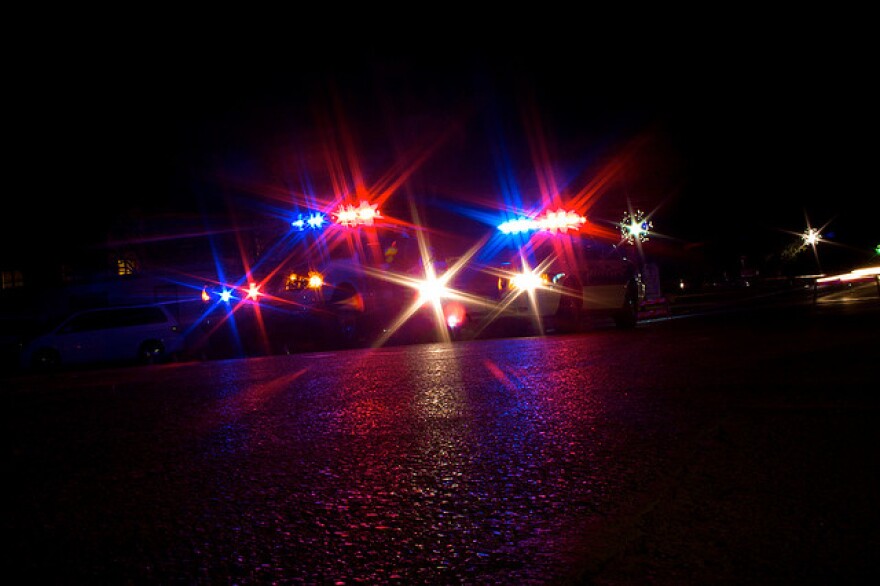The New Hampshire Supreme Court heard oral arguments Wednesday in a case that will decide if a list containing the names of more than 250 law enforcement officers with credibility issues should be disclosed to the public.
A group of media companies, as well as the ACLU of New Hampshire, sued the New Hampshire. Attorney General in 2018, arguing that the so-called ‘Laurie List’ is not exempt from the Right to Know statute, and that an unredacted version should be released to provide greater transparency surrounding law enforcement misconduct.
Get stories like this in your inbox - sign up for NHPR's Rundown newsletter today.
The Attorney General’s office, which maintains the list, told justices that the list itself is “imperfect” because it was never intended for public release. Since its creation in 1995, the process to add officers or remove them has varied.
“There has been a lack of uniformity over the years in standards, in how one gets on the list and how one gets off,” said Dan Will, the state’s Solicitor General. “The list is likely under-inclusive, and over-inclusive.”
The Laurie List - formally known as the Exculpatory Evidence Schedule - exists so that defendants and their lawyers in criminal cases can be notified if an officer involved in the case has potential credibility issues.
Police chiefs are supposed to add the names of officers when certain forms of misconduct occur. Officers have a way to appeal if they feel their name shouldn’t be included.
While the Laurie List is intended to ensure criminal defendants have due process, the solicitor general said the list, which often contains only a one-word explanation for why the officer was included, was never aimed at providing full transparency or accountability to the general public.
“This list is not the tool to achieve that,” said Will. “It was never intended to be, and it cannot serve that function in any satisfactory way.”
Lawyers for several media entities and the ACLU, however, argue that under the state’s Right to Know law, also known as 91-A, the list is a public document that, complete or not, sheds more light on the actions of law enforcement.
“Chapter 91-A assumes that the public can be trusted with information, including information that is complicated, including information that may not be complete,” said Giles Bissonnette, legal director for the ACLU of New Hampshire.
That argument didn’t appear to sit well with Justice Anna Barbara Hantz Marconi. Throughout the 30-minutes of oral arguments, done in person with all in attendance wearing masks, she asked a number of skeptical sounding questions about releasing the list.
“If this thing becomes public, there could be a reticence to actually put people on the list?” she posed to the lawyers.
NHPR is your source for the news your trust. Support our journalism...make a donation today.
Additionally, she questioned if the public has a reasonable expectation to see disciplinary records for other public employees.
“To, lets say, teacher reviews. You know, teachers who are found to be lacking in some way, should there be such a list?” she asked.
To that question, Gregory Sullivan, who is representing the Union Leader in the case, said the stakes with law enforcement are simply different.
“We are talking about police officers who carry a gun, and a badge, and who have the right to arrest us,” Sullivan told the court. “It is a far different field of inquiry than any other public employee. It is a special trust, and with that trust comes special responsibility and the need for greater public scrutiny.”
Whatever the Supreme Court decides on this issue of scrutiny, other efforts are also underway to reform this system. That includes a special commission on law enforcement accountability created in the wake of the killing of George Floyd that said it would support releasing the list publicly, as long as law enforcement officers were given an avenue to appeal inclusion on the list.








